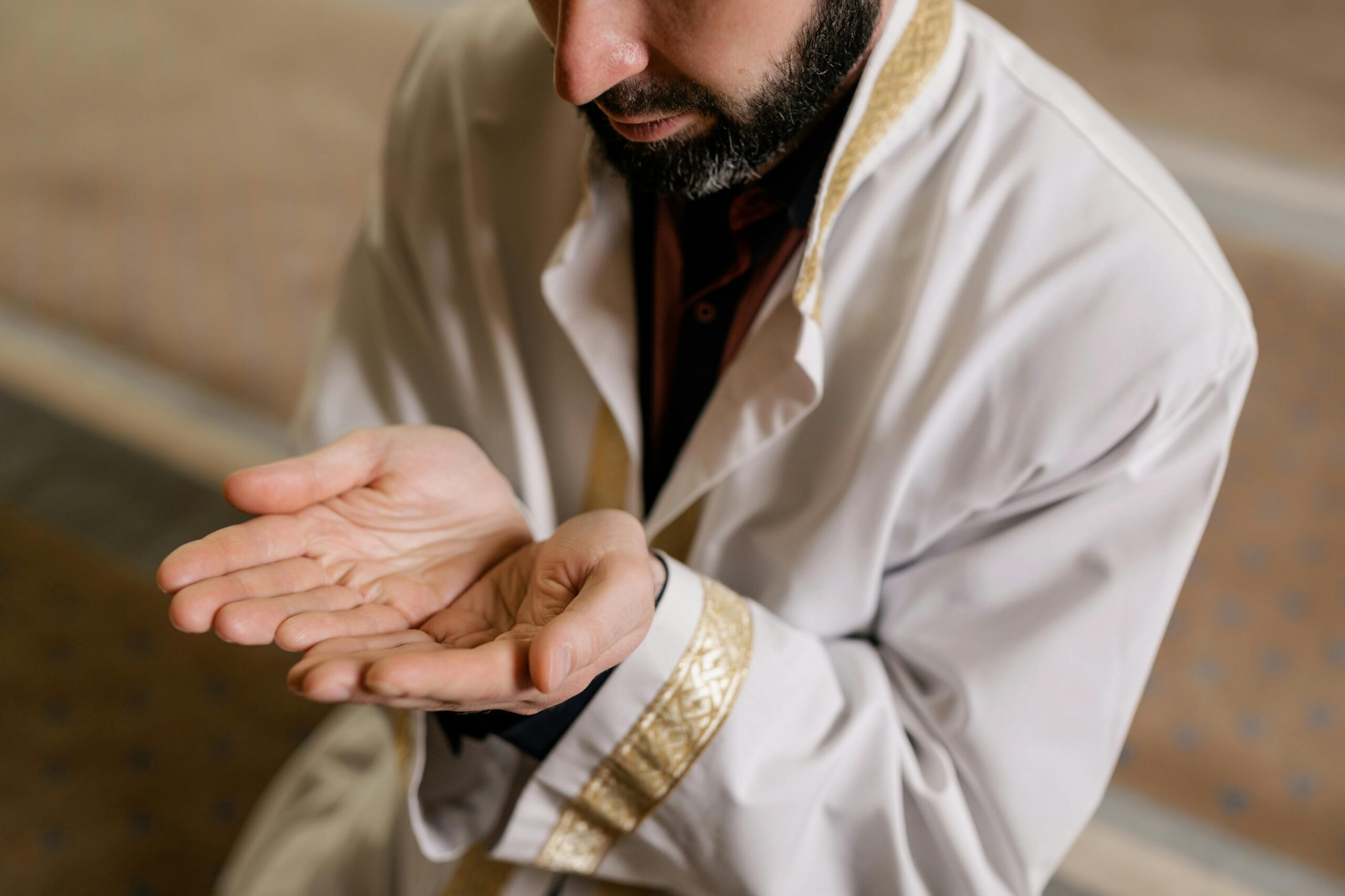In our fast-paced modern world, feelings of anxiety, overwhelm, and stress are increasingly common. For a Muslim, experiencing these emotions is not a sign of weak faith; it is a part of the human condition. Islam offers a holistic framework for well-being that acknowledges psychological struggles and provides powerful spiritual and practical tools to navigate them. The Quran and Sunnah are replete with guidance that brings comfort, perspective, and resilience, reminding us that our ultimate reliance is on Allah, the Source of all peace.
1. The Foundation of Trust (Tawakkul)
Before delving into specific practices, it is essential to establish the core Islamic principle of Tawakkul, or trust in Allah. This is not passive resignation but an active state of heart. It means taking all the necessary practical steps to manage your stress—such as seeking therapy, exercising, or managing your workload—while simultaneously entrusting the outcome to Allah’s divine wisdom. The Quran beautifully states, “Indeed, Allah does not change the condition of a people until they change what is in themselves” (Quran 13:11). This verse empowers us to take action while placing our ultimate trust in Him, alleviating the burden of thinking we control everything.
2. The Sanctuary of Prayer (Salah)
Salah is far more than a ritual obligation; it is a daily sanctuary for the soul. In the midst of anxiety, the act of performing wudu (ablution) can be a calming ritual, washing away tension. The physical motions of prayer release muscular stress, while the recitation of Quranic verses directly soothes the heart. Most importantly, Salah is a direct, uninterrupted conversation with Allah. It is a scheduled break from the chaos of the world to reconnect with the source of all peace. The Prophet Muhammad (PBUH) would famously turn to prayer whenever he was distressed, saying to Bilal (RA), “Give us comfort by it, O Bilal.”
3. The Power of Specific Du’as and Dhikr
The Prophet (PBUH) taught us specific supplications for times of grief and anxiety. Reciting these with presence of heart invites Allah’s tranquility. One of the most comprehensive du’as is: “O Allah, I am Your servant, son of Your servant, son of Your maidservant. My forelock is in Your hand, Your command over me is forever executed, and Your decree over me is just. I ask You by every name belonging to You which You have named Yourself with, or revealed in Your Book, or You taught to any of Your creation, or You have preserved in the knowledge of the unseen with You, that You make the Quran the life of my heart and the light of my breast…” (Hisn al-Muslim). Additionally, the constant remembrance of Allah (Dhikr), such as repeating “SubhanAllah,” “Alhamdulillah,” and “La ilaha illallah,” acts as a spiritual anchor, calming the heart amidst life’s storms.
4. Seeking Forgiveness (Istighfar)
Often, a lingering feeling of anxiety or unease can be connected to a spiritual weight caused by mistakes or sins. Istighfar, or seeking forgiveness from Allah, is the tool to lift this burden. The act of sincerely repenting and turning back to Allah brings immense relief and hope. It is a recognition of our imperfection and an affirmation of Allah’s endless mercy. By purifying our hearts, we make them more receptive to peace and less prone to the whispers of anxiety and doubt.
5. The Strength of Community (Ummah)
Islam emphasizes community and discourages isolation, which can exacerbate mental health struggles. Talking to a trusted friend, family member, or a knowledgeable community leader can provide immense emotional support and practical advice. Furthermore, helping others and engaging in acts of charity (Sadaqah) have been shown to improve mental well-being, shifting focus from one’s own problems to the needs of others. It is also crucial to remember that Islam encourages seeking professional help. Consulting a therapist or counselor is a form of taking necessary means (Asbab) and is entirely aligned with the Islamic mandate to care for one’s health.
In conclusion, managing anxiety is a multifaceted journey. By integrating these Islamic practices—trusting Allah, establishing prayer, reciting du’a, seeking forgiveness, and leaning on community—we build a strong spiritual foundation for resilience. Remember, it is through turning to Him that hearts find true rest.

